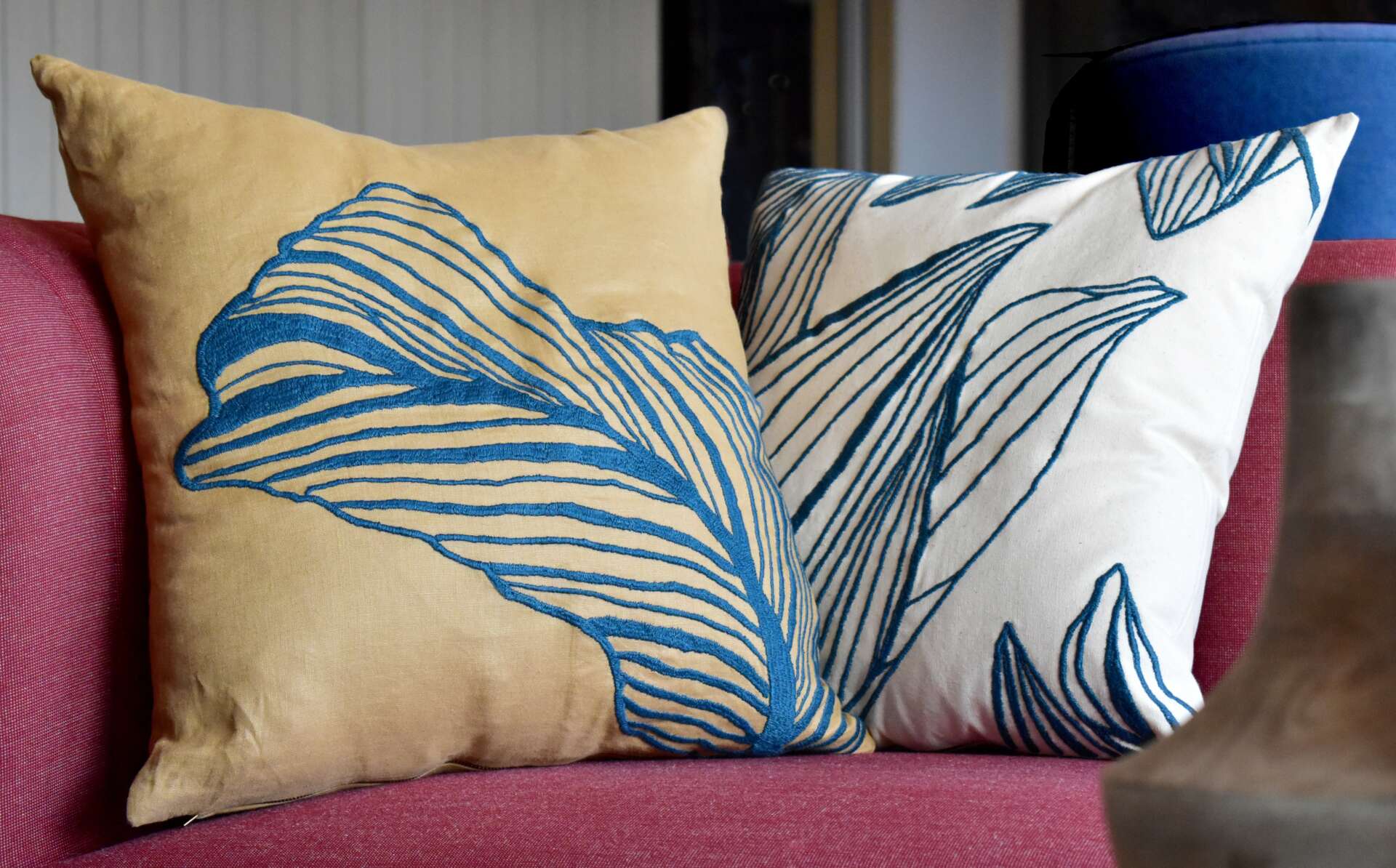Alright – so today we’ve got the honor of introducing you to Tania Montano. We think you’ll enjoy our conversation, we’ve shared it below.
Tania, thanks for joining us, excited to have you contributing your stories and insights. So let’s jump to your mission – what’s the backstory behind how you developed the mission that drives your brand?
I founded Tuukul, a home interior line focused on decorative pillows, as a way to blend my passion and culture. I was born and raised in Mexico, a country rich in traditions, and I’ve always been drawn to the beauty of nature and the stunning craftsmanship that surrounded me. While studying textile design and during my first job, I had the chance to collaborate with a wide range of artisans through different projects which made me fall in love with the craft and history behind it even more. It also allowed me to be get closer to some artisan communities and be welcomed into their lives and getting a glimpse of their day to day, the happy moments and some of the hardships.
Once I knew what direction I wanted to take for Tuukul, I also knew I wanted to create sustainable impact. Building long lasting relationships with the artisans we collaborate is one of our main goals. By empowering our collaborators and ourselves to make small actions that will lead to greater changes. We seek to create horizontal processes and do this by working with artisan groups that function like a business, building profitable and sustainable practices with them. Most times, the craft is just one of the multiple income outlets that artisans have. By paying fair and partnering with non-profits that provide these groups of mostly women with a wide variety of workshops that spam from womens rights and health to design and costing, we believe we can help empower them and have seen many success stories.
I want every customer of Tuukul to know that their piece was made by a person who has generations of knowledge in a certain technique and that a little piece of who they are remains in that one piece. Even if the design is the same, no two pillows are identical as different people made each one. There is so much value in this. Its so personal, so unique and I want both sides of the spectrum to know that.
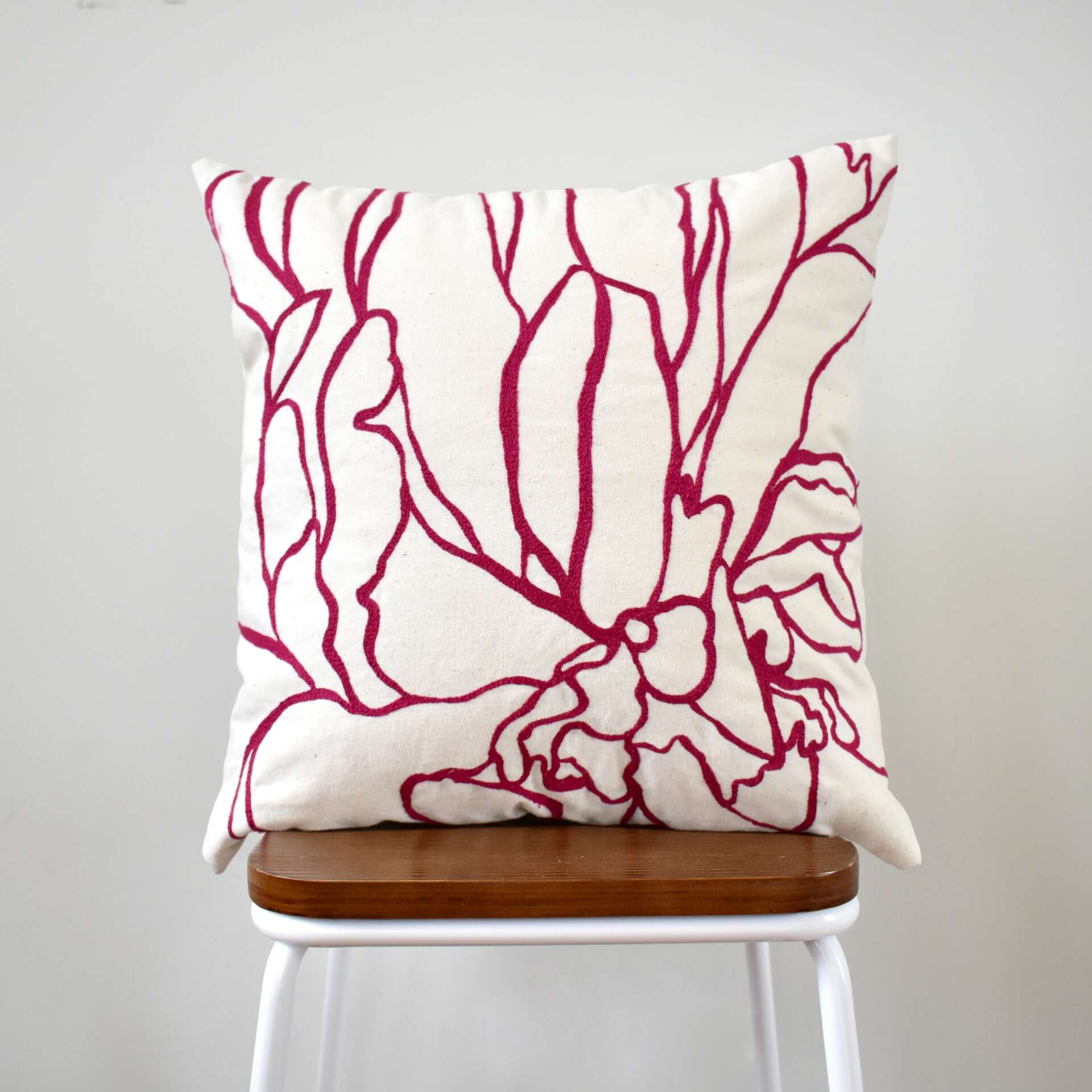
As always, we appreciate you sharing your insights and we’ve got a few more questions for you, but before we get to all of that can you take a minute to introduce yourself and give our readers some of your back background and context?
My name is Tania Montano and I’m the founder and designer of Tuukul an interior design line currently focused on decorative pillows handmade by women artisans in southern Mexico.
I’ve always been a crafty person, a visual learner and an eager creator. Growing up I attended all sorts of arts and craft classes. Learned how to make jewelry, candles, recycled paper, you name it. My passion for fashion was also very latent (I even had fashion shows in my birthday parties!) and grew stronger the older I got. All of this led me to study Textile Design, where I nurtured my love for design, creation, crafts and learned so much more about the wealth of craftsmanship that exists in Mexico. My first job was at a Mexican brand called Carla Fernandez and this opportunity really opened my eyes to the infinite inspiration and talent my culture had to offer. I worked alongside master artisans who opened their homes for me and became my friends. My knowledge of different techniques grew and I was exposed to the whole process of creation and collaboration. These experiences changed how I viewed design and allowed me to start dreaming of what I could do.
With this in the back of my mind I went back to school and moved to NYC to attend Parsons School for Design. As life moved forward I ended up on the sales path in fashion where I’ve been for the past 10 years. During this time I started sketching and drawing as a way to channel my creativity and continued to dream about what I’d like to do with this.
When COVID hit, I was able to take a pause and completely reset by working for a non profit focused on Mexican artisans social, economical and business development. This experience was the last bit of the puzzle I was missing and which pushed me to finally put together and launch Tuukul.
Currently, we work with female artisans from Yucatan and Chiapas, southern states of Mexico and have developed a line of hand embroidered and woven decorative pillows. All designs are digitally created in-house and are inspired by flowers and plants. From very evident florals to petal closeups that look more like intricate line work that a petal. We play around these designs and how they will translate in the technique we choose, creating unique pieces full of color and texture.
Sustainability is a key element to our vision. One of the ways we currently contribute is by limiting the inventory we carry and being accepting of the long lead times that a handmade piece requires. We are also on a continuous search for environmentally friendly shifts in our material sourcing and selected techniques.
I would say that jumping through the obstacle of my own fear and insecurity is one of the things I’m most proud of. It allowed me to kick off something that will not only change and empower me, but will impact the life of entire families. Not only by being fair trade and subsidizing part of the artisan groups income taxes (a very challenging part of working as a business for them), but by contributing in the development of new skills and knowledge they might have not had the chance to receive before. This, added to what it means to share my passion with everyone who joins this community, is incredible.

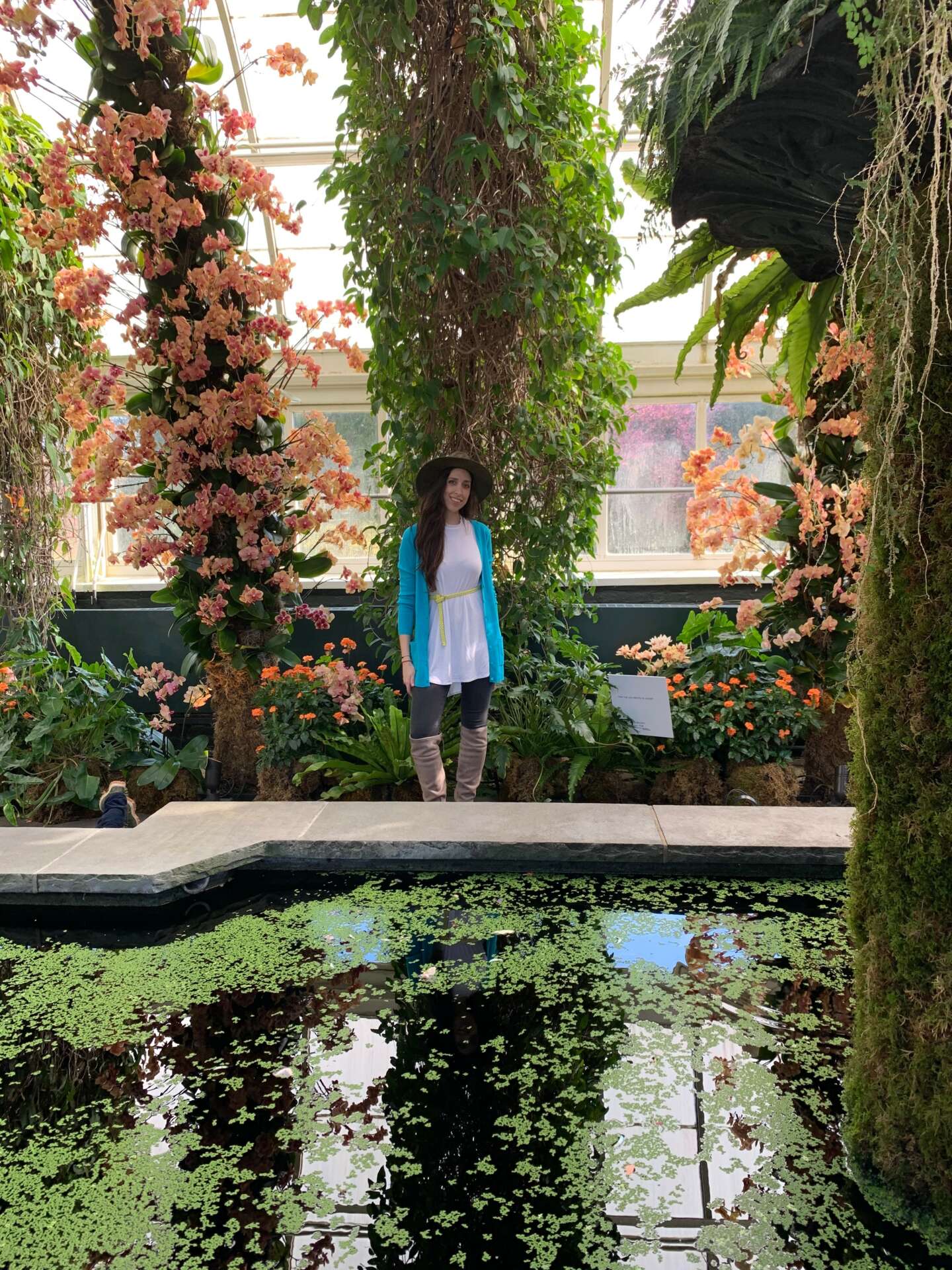
We often hear about learning lessons – but just as important is unlearning lessons. Have you ever had to unlearn a lesson?
Trusting myself, my process and knowing things will never be near perfect I think is one of the hardest lessons I’ve had to work on unlearning. Being a designer and creative who’s spent most of her career pitching and selling other people’s product and services has always made me extremely critical. My aesthetic, design vision and goals translate in a certain way when the product in front of me isn’t my own. The tools I have access to and how I manage them gives me flexibility and is certainly a lot less personal. Once the entire process was all in my hands, doubt and judgment appeared in spaces where I’ve always been confident. Second guessing decisions, comparing my process to those of other entrepreneurs and pausing development seeking “perfection”. These things set me back months but once I started understanding the root of these thoughts and fears I’ve been able to take steps forward trusting that this path is mine to own and respect. I’ve learned to trust my intuition, which might not always be right, but leads to lessons I don’t forget. Unlearning these fears has allowed me to enjoy the ups and downs knowing that there is no straight line to success and that success itself has many different faces.
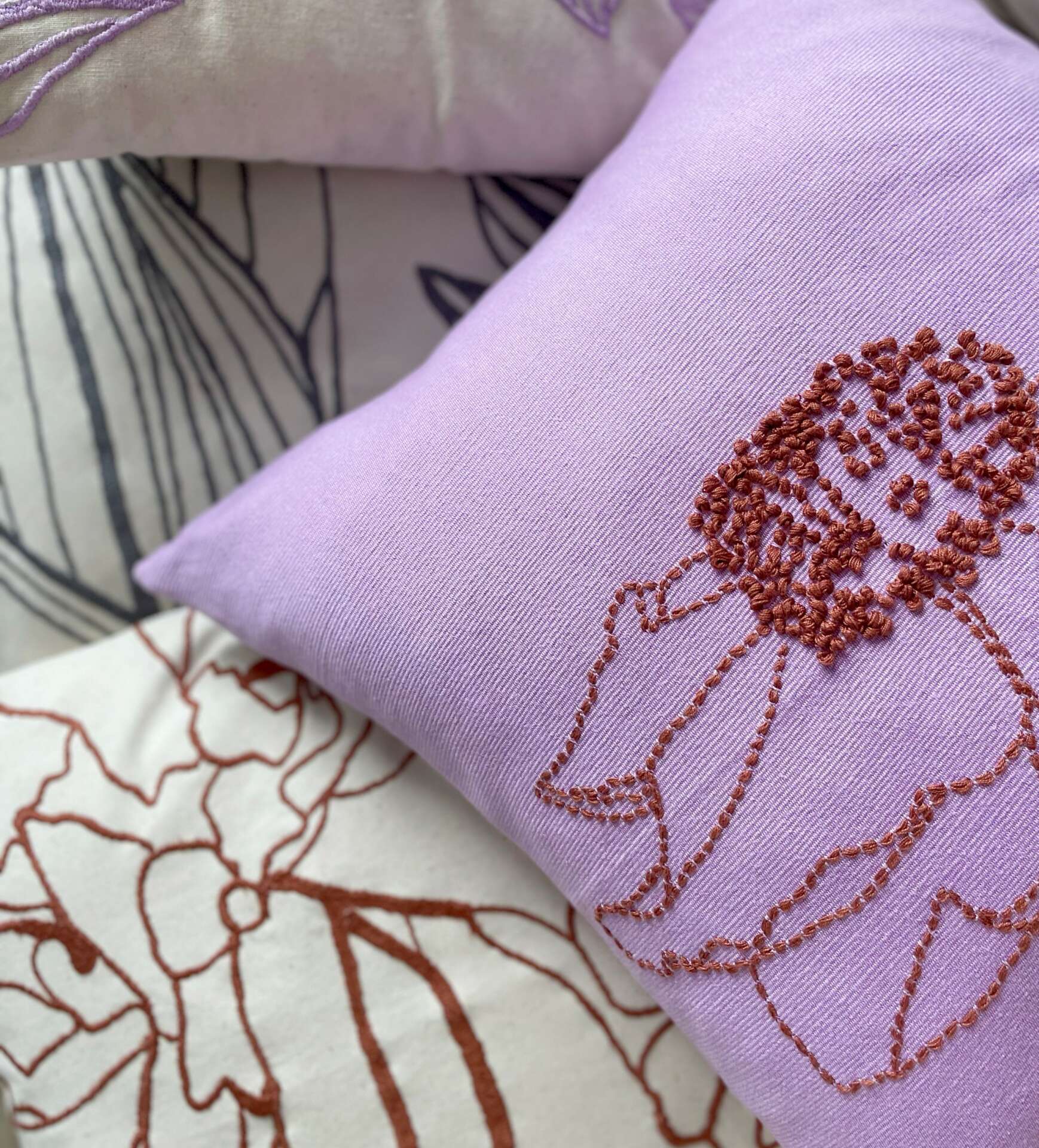
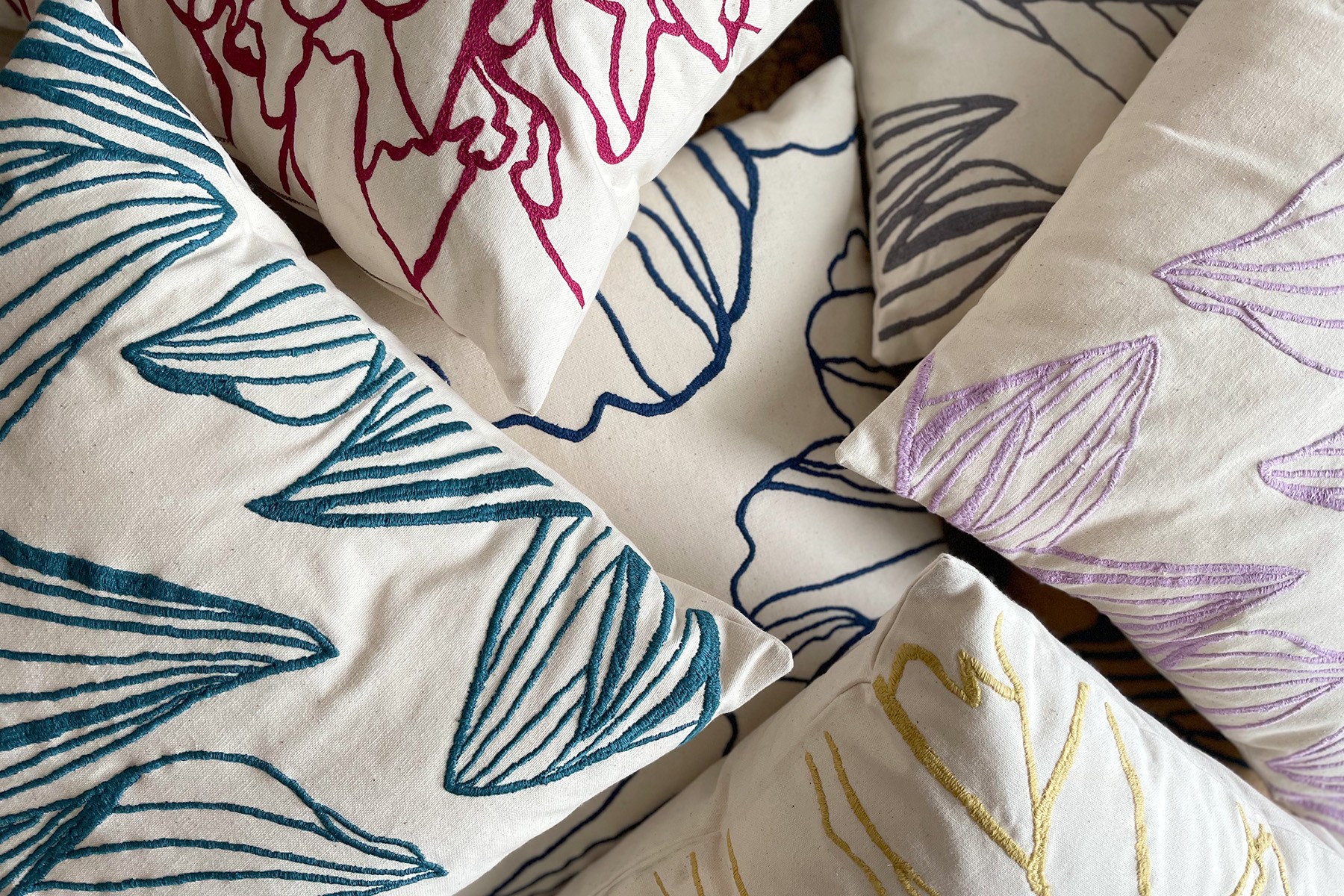
Can you talk to us about manufacturing? How’d you figure it all out? We’d love to hear the story.
My background in textile design and the many passion projects I’ve had, gave me many of the tools needed to understand the manufacturing process, what I did and didn’t want and how we could execute the product I currently design. I’ve been lucky enough to work with artisans before and understand how it is to work with them. Differently than other manufactured goods that are made in factories with a very structured process, working with artisan groups is a more personal process. The artisans usually allocates only a certain amount of hours per day to work on the goods as they also have to tend their homes, families and most of the times other activities that might be a part of their livelihood. A production can be delayed given services (like electricity) could’ve been limited that month shortening the time per day that they could be working. Weather conditions can also impact a production, heavy rain blocking unpaved roads or completely obstructing them. All these things impact delivery, planning and overall selling of goods. Being based in a different country brings an extra set of challenges. I’m lucky enough to have found local trusted contacts that help me on the ground, facilitating communication and monitoring of development and production.
I’ve also learned a lot about product development. Understanding how my intricate designs translate into embroideries executed in different techniques and how each artisan will execute it. Connection and presence is also something that has been a huge lesson. As I said before, this type of production is very personal, and being able to know the groups and communities you work with, build relationships, and weave stories with each individual, all generates a better product. This last bit is something we continue to build on and one of the key focus points in the upcoming year.
Lastly, one of the biggest lessons Tuukul has taught me is flexibility. Something is always bound to go wrong, so make the best out of it, learn and keep pushing through.
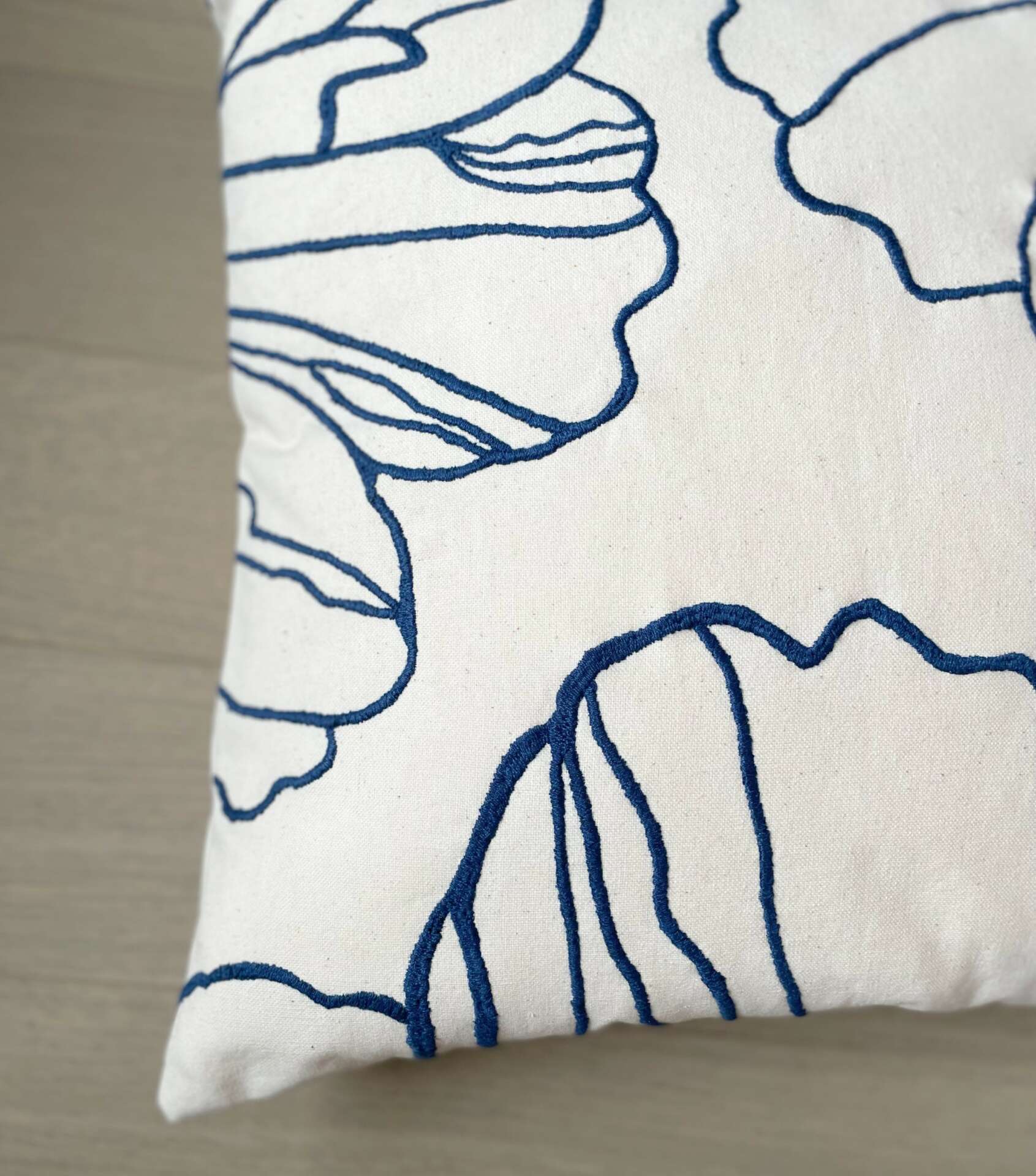
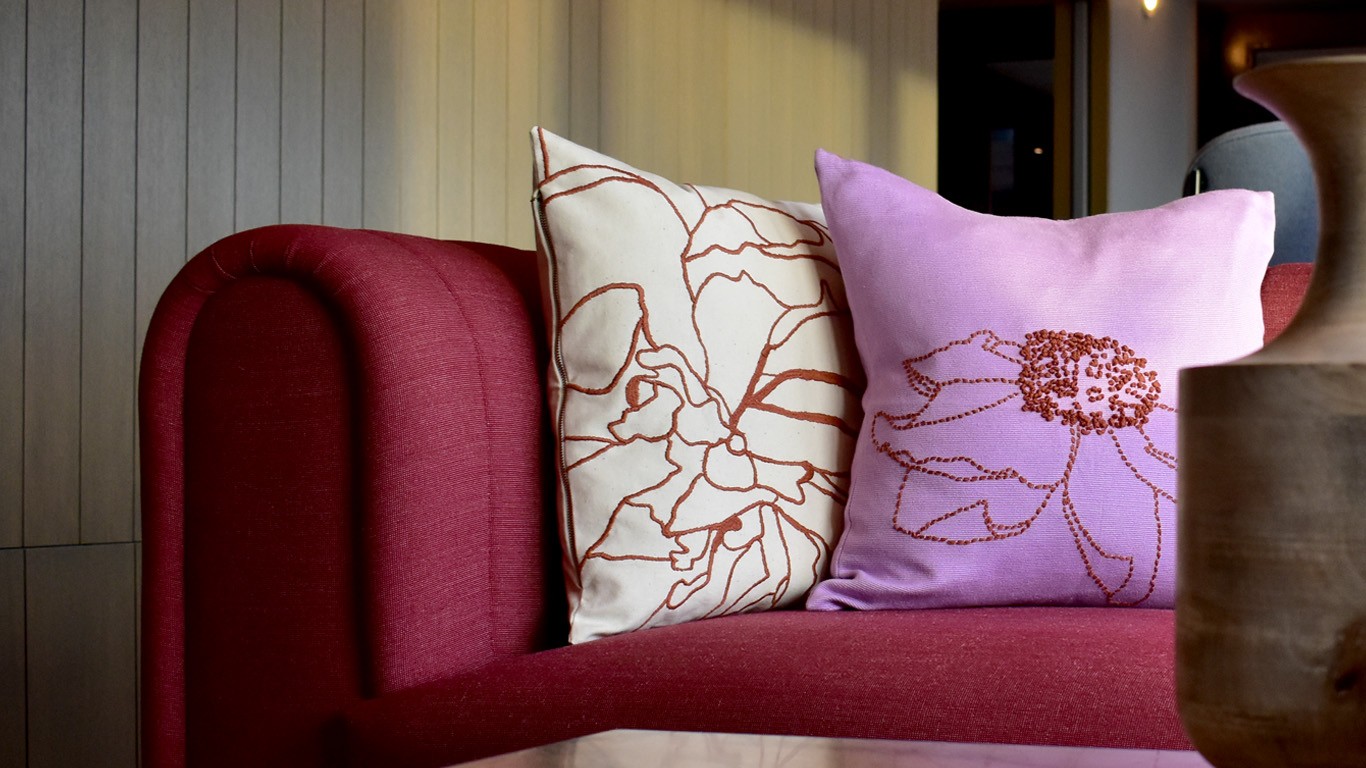
Contact Info:
- Website: www.tuukulnyc.com
- Instagram: tuukulnyc
- Facebook: tuukulnyc


